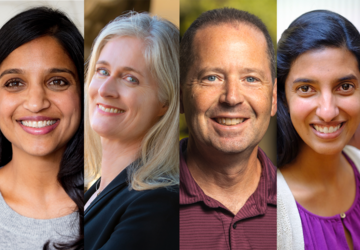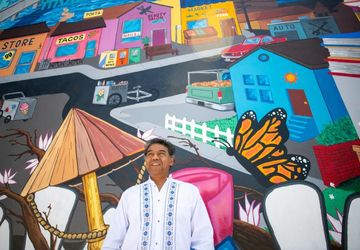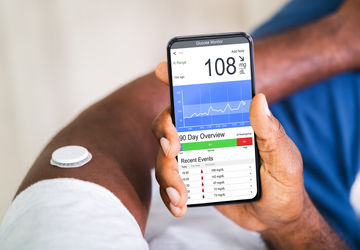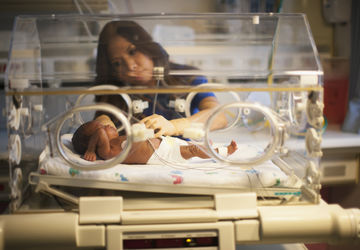Blog
Our public impact-focused team shares timely analysis, insights, news, and ideas about the ways universities, governments, businesses, and nonprofits are working together to use evidence and experience to make progress on the world’s hardest social challenges.
Stanford Today announces four new Scholars in Service who will work within government and community-based organizations to advance evidence-based solutions to address disparities made worse by COVID-19.
As California’s South Bay grapples with the impacts of climate change, KQED reporter Ezra David Romero says people are creating solutions by listening to their neighbors. Violet Wulf-Saena, founder and executive director of the nonprofit Climate Resilient Communities, started the project in East Palo Alto. Derek Ouyang, part of Stanford’s Future Bay Initiative will work with Wulf-Saena and others in a joint Our Communities, Our Bay project that we support with start-up impact lab funding. The team plans to recruit 500 families for a five-year listening project in Redwood City, East Palo Alto, Palo Alto, and Alviso in San Jose. They hope long-term listening and the use of new technologies and data science tools will inform scientists and government leaders about the solutions that will work in their communities.
Alyce Adams is the newest member of our faculty advisory board. She joined the university in February and brings experience and enthusiasm for shortening the time between research and impact—and the distance between researchers, health care providers, and patients and the communities they live in. Her work focuses especially on reducing racial and socioeconomic disparities for people with chronic disease.
Continuous glucose monitors and other technology–combined with telehealth–have the potential to improve diabetes care and make it better for more patients regardless of race, wealth, or where they live. Ramesh Johari, a 2020-2021 Stanford Impact Labs Design Fellow, is working with colleagues across the university and in clinical settings to design technology and telehealth systems that can have broad public impact.
Even with medical advances in neonatal intensive care units, fewer Black and Hispanic babies survive and thrive than white babies in the same hospitals. Henry Lee is working with Caroline Toney-Noland, partners at the California Perinatal Quality Care Collaborative, and hospitals across California to close the gap in care.




